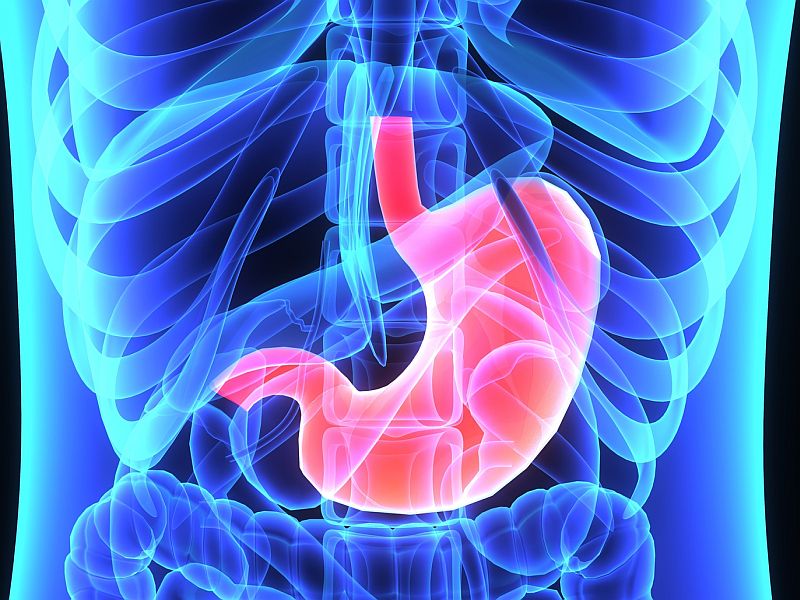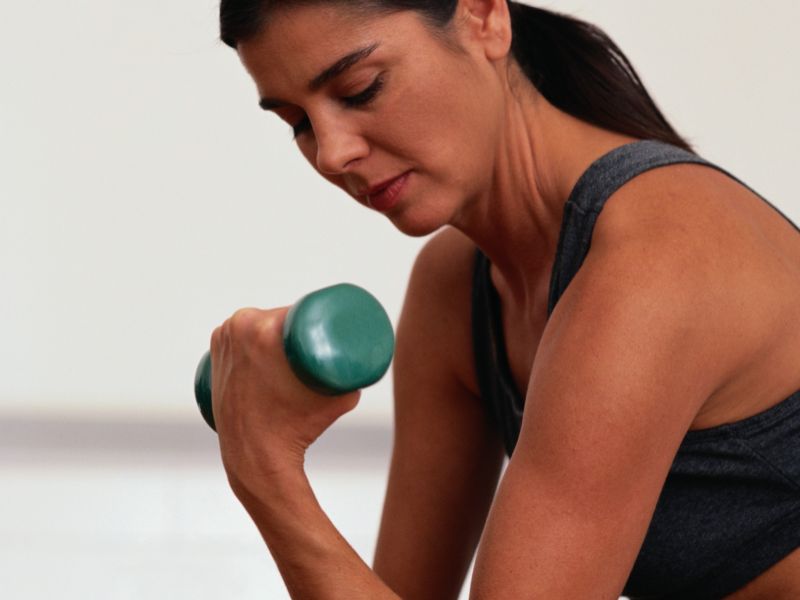
Brittle bones are often seen as a woman’s health issue, but low bone mass may be more common among middle-aged men than generally thought, a small study suggests. The research, of 173 adults aged 35 to 50, found that men and women were equally likely to have low bone mass in the hip. It was… read on >

















